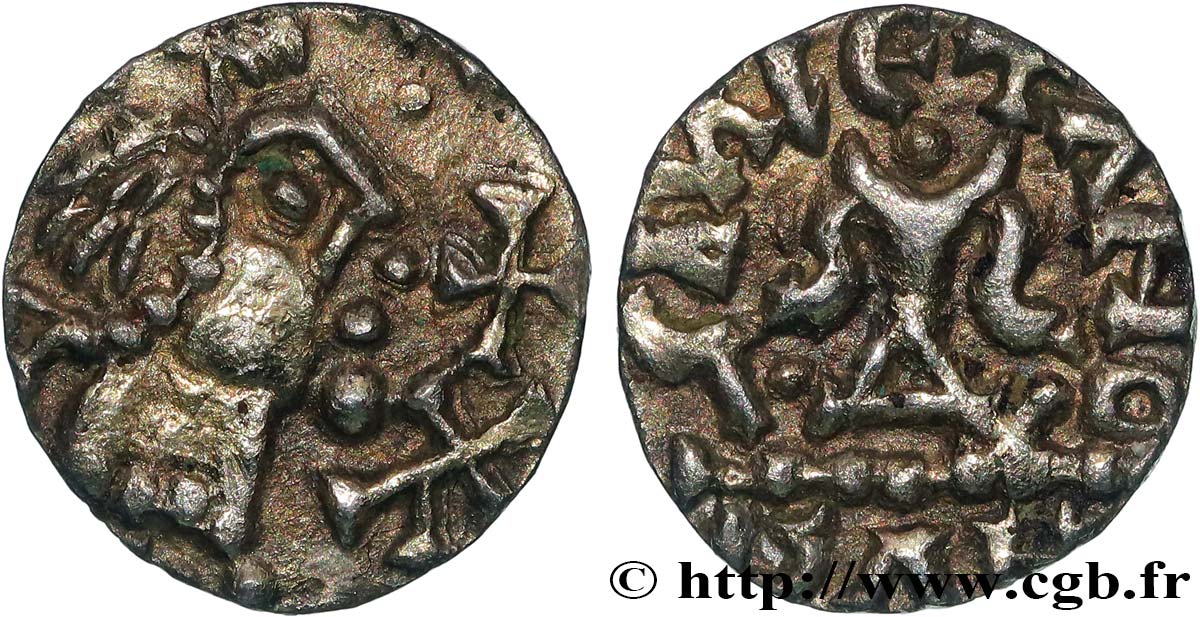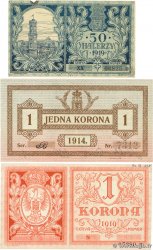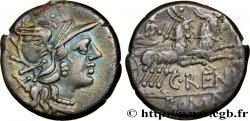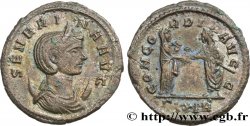bmv_862056 - MEROVINGIAN COINAGE - BANASSAC (BANNACIACO) - Lozere Triens à la croisette et au chrisme
1 600.00 €(Approx. 1824.00$ | 1376.00£)
Quantity
Add to your cart

Type : Triens à la croisette et au chrisme
Date: c. 620-640
Date: s.m.
Mint name / Town : Banassac (48)
Metal : gold
Diameter : 11,5 mm
Orientation dies : 11 h.
Weight : 0,53 g.
Rarity : R2
Coments on the condition:
Triens frappé sur un flan un peu court. Reliefs assez nets
Catalogue references :
Predigree :
Monnaie provenant de la collection Philippe Schiesser
Obverse
Obverse legend : ANÉPIGRAPHE.
Obverse description : Tête barbare diadémée, à droite ; diadème et cou perlés ; une croisette et une sorte de chrisme devant le visage, un globule entre parenthèses sous le cou.
Reverse
Reverse legend : GAVALETANO // BAH.
Reverse description : Calice à deux anses, posé sur une ligne d’exergue perlée.
Commentary
Les triens de cette série sont relativement abondants ce qui a permis d'en réaliser une étude précise, avec des différenciations parfois subjectives. Cet exemplaire avec la croisette et le chrisme correspond à la variante 24 du Moneta qui en recense onze exemplaires. Or tirant sur le blanc indiquant la présence d’argent. Poids léger.








 Report a mistake
Report a mistake Print the page
Print the page Share my selection
Share my selection Ask a question
Ask a question Consign / sell
Consign / sell
 Full data
Full data













